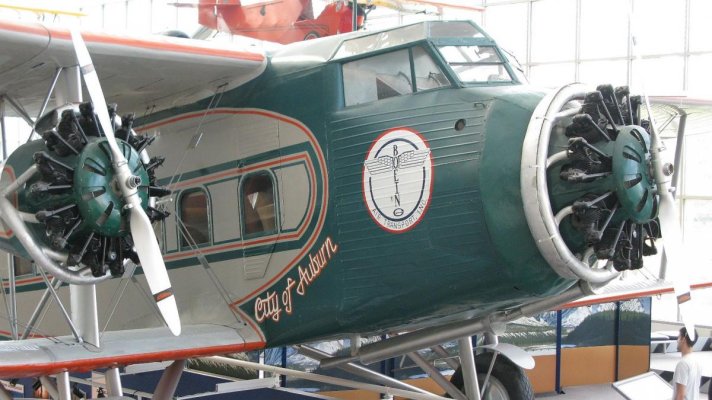There was an article from one of the major newspapers that was attached to our in-house e-newspaper yesterday about how the 787 battery issue is making people look at ALL the users of lithium batteries now.
There is a good chance, the article said, that the electric car industry and the shipping industry will undergo the same scruitiny that is currently going on with Yuasa, Boeing, and our electrical suppliers.
Several fires in electric cars are now being viewed and reinvestigated with much more suspicion than they were originally, and the article implied that until the whole issue is resolved, it may put the electric car industry in jeopardy.
Airbus, too, was quoted in the article that they expect their A350 will now get a very serious looking at which they expect will force (more) delays in that program (the A350 uses lithium batteries, too). The same holds true for the shipping industry, as witness the tug incident described by Rick B in an earlier post.
So it seems the 787 may simply have been the catalyst that has woken everyone up to the notion that the lithium battery, while providing all sorts of benefits, is not quite the mature technology everyone was thinking that it was.
In the long run, this will prove to be a good thing as it will make the technology more viable and safer. But in the meantime, it's looking like there will be a fair amount of disruption and not just in the air transportation industry.
There is a good chance, the article said, that the electric car industry and the shipping industry will undergo the same scruitiny that is currently going on with Yuasa, Boeing, and our electrical suppliers.
Several fires in electric cars are now being viewed and reinvestigated with much more suspicion than they were originally, and the article implied that until the whole issue is resolved, it may put the electric car industry in jeopardy.
Airbus, too, was quoted in the article that they expect their A350 will now get a very serious looking at which they expect will force (more) delays in that program (the A350 uses lithium batteries, too). The same holds true for the shipping industry, as witness the tug incident described by Rick B in an earlier post.
So it seems the 787 may simply have been the catalyst that has woken everyone up to the notion that the lithium battery, while providing all sorts of benefits, is not quite the mature technology everyone was thinking that it was.
In the long run, this will prove to be a good thing as it will make the technology more viable and safer. But in the meantime, it's looking like there will be a fair amount of disruption and not just in the air transportation industry.

